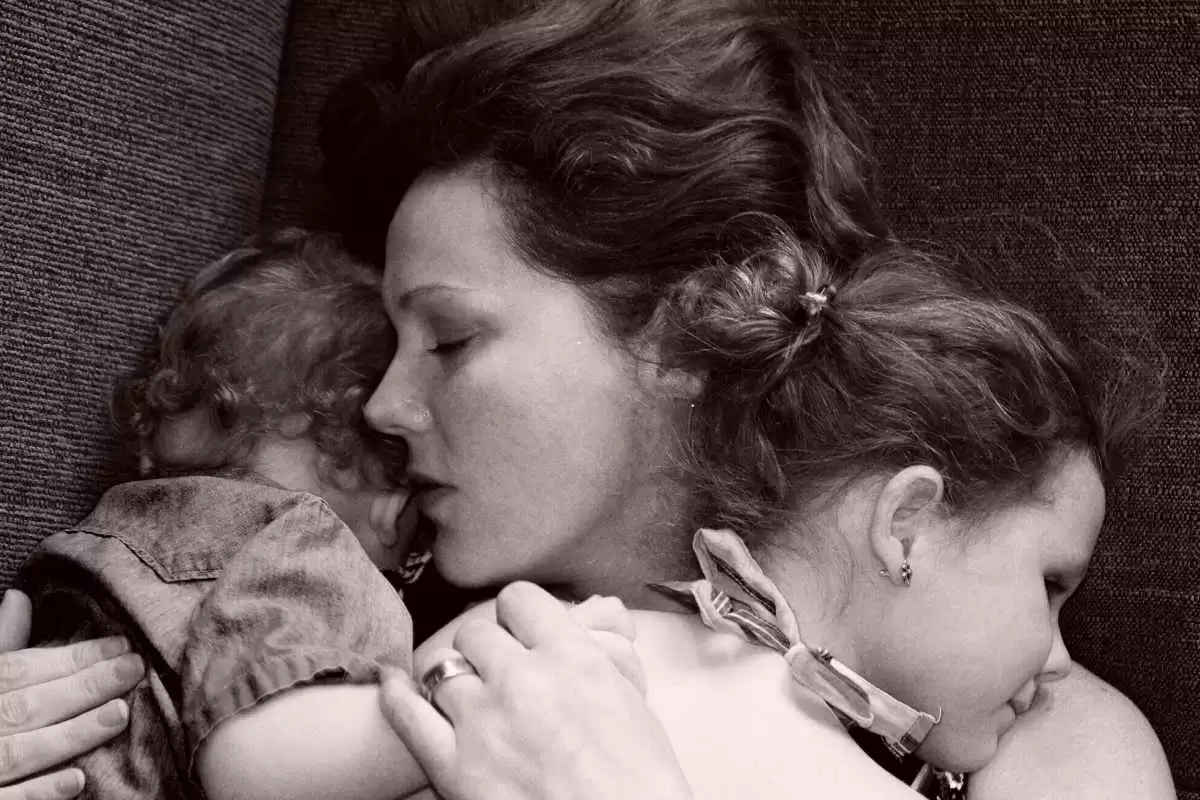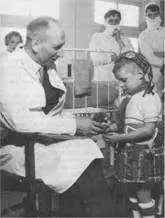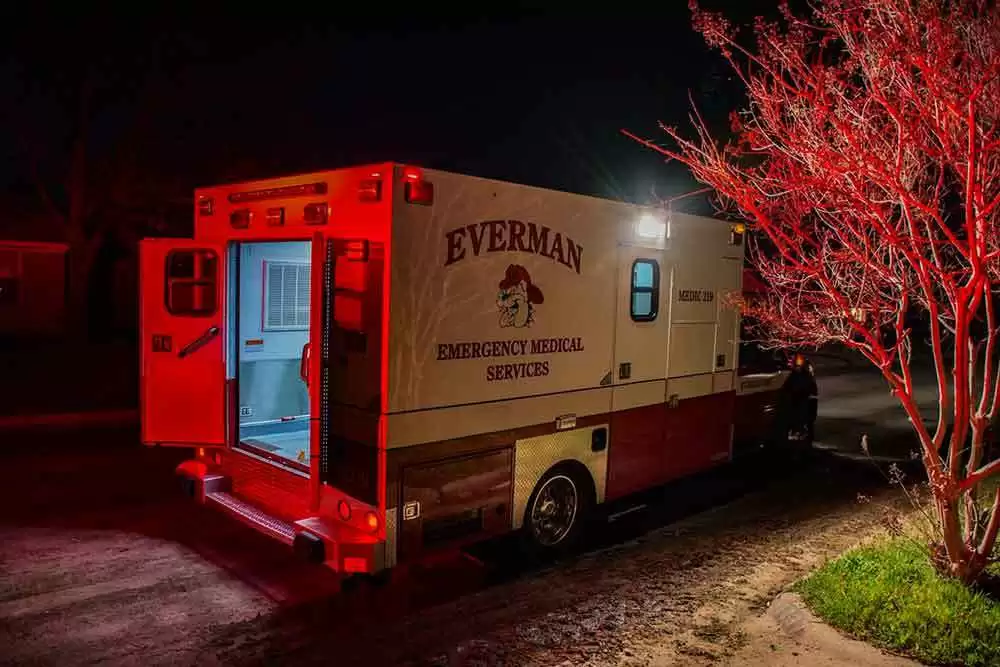
Celiac.com 12/24/2022 - My doctor is a nice guy. He is also very bright and has an impressive memory for many things. He couldn’t have gotten through medical school—he couldn’t even have gotten acceptance into medical school without being pretty capable. But he can’t know as much about me as I do. Neither has he observed my children for as long or with as much concern as I have. If we are ever to achieve balanced relationships with physicians, we must all acknowledge our own, and each others’ expertise. The history of the discovery of the gluten-free diet is really a story that should improve doctor-patient collaboration if the facts ever become widely known.
World War II Grain Shortages or Concerned Mom?
Not long ago I listened to a speaker, once again, crediting World War II grain shortages in The Netherlands for Dr. Dicke’s discovery of the gluten-free diet as the treatment of choice for patients with celiac disease. This is a myth that has been perpetuated for far too long. This faulty tale sullies the memory of a great scientist, Dr. Willem Karel Dicke, and robs a concerned mother of the credit she richly deserves. The facts are available in Dr. Dicke’s Ph. D. thesis.
Celiac.com Sponsor (A12):
Dr. Chris Mulder has generously provided an English translation of Dr. Dicke’s thesis. In his thesis, Dr. Dicke clearly states that the insight came from a 1932 meeting with two colleagues and a discussion of their observations of a child with celiac disease. This was long before World War II even began, and the grain shortages actually occurred late in the war. Further, in the follow-up commentary at the end of the translation, Dr. Mulder reveals that the idea, which led to these 1932 insights, originated with a concerned mother’s observations of her own child, and her comments to Dicke’s colleagues. The myth about World War II grain shortages simply does not jibe with the facts. It seems far more likely that a concerned mom, not a busy pediatrician, would notice what a child ate and how that affected his bowel movements. To my ears, this latter explanation has the ring of truth.
The question of who deserves the credit for this pivotal insight may not appear very important. However, our increasingly specialized society pressures us to place more and more trust in the specialist, whether lawyer, doctor, or auto mechanic. When we are placing our own and our children’s health and safety in the hands of another person, we may reasonably expect these specialists get their facts straight on simple historical issues that can easily be investigated.
Investigating a Mother's Hypothesis
Dr. Dicke’s important role, as a physician and a man of science, was to investigate this concerned mother’s hypothesis. His memory is enhanced by the recognition he freely rendered to the originators of the idea. We not only violate his memory, we insult his stature as a scientific investigator, when we perpetuate the false claim that the chance occurrence of WW II grain shortages led to the discovery of the treatment value of a gluten-free diet.
More importantly, this question speaks to the importance of trusting ourselves, our own observations, and our own assessments—our own gut, if you will, in our quest for health. Dr. Dicke’s work was extremely important and it constituted a huge contribution to Humanity. His research has already saved countless lives and will continue to do so. But we need to remember that the original insight that identified the trigger for celiac disease came from an observant mother. In remembering this, many of us will feel empowered to collaborate with our physicians, rather than blindly accepting yet another useless prescription. And that is the pivotal importance of publicly recognizing where the idea of a gluten-free diet originated. We need to recognize that the physician’s expertise is only one important element in the diagnostic and treatment process. We may often defer to doctors’ superior knowledge of medical issues. However, our own expertise, as the occupants of our bodies, or as parents, must also contribute to this process and our subsequent healing. We need to trust our own observations and judgement. Dismissal or denigration of our unique expertise bespeaks a competitive spirit; not a collaborative one. Such a competitive attitude may weaken the diagnostic process and hinder our recovery.












Recommended Comments
There are no comments to display.
Create an account or sign in to comment
You need to be a member in order to leave a comment
Create an account
Sign up for a new account in our community. It's easy!
Register a new accountSign in
Already have an account? Sign in here.
Sign In Now